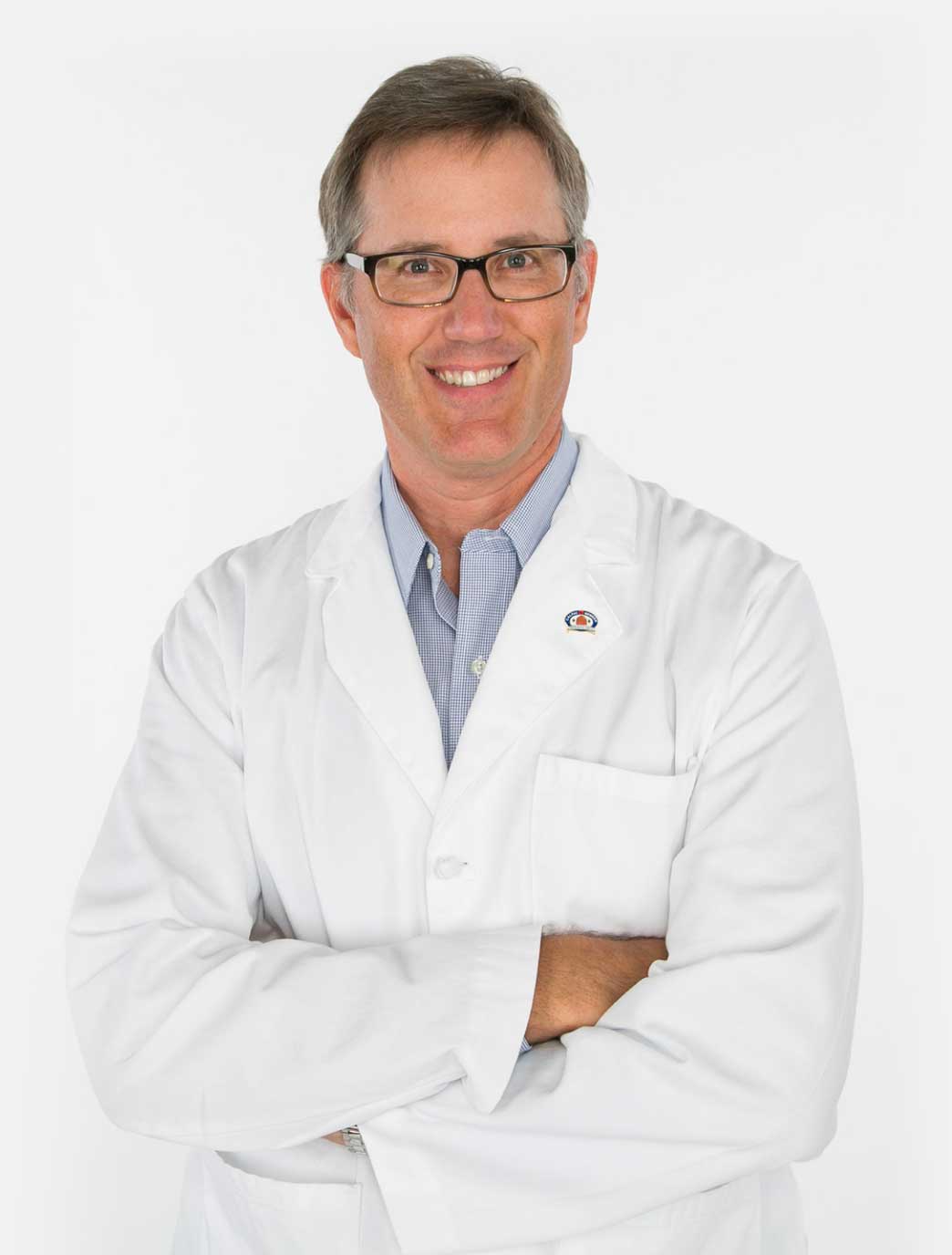The gastric sleeve operation is not a standardized operation. This means there is not agreement on how to best do the operation. There is not agreement, for example, on how small to make the sleeve, or what dimensions/shape to make the sleeve, or where exactly to place the staple line, or how exactly to diagnose and repair a hiatal hernia.
Why isn’t there consensus? Because there are so many subjective surgical technique details involved with doing the gastric sleeve operation, it is very difficult to discern what impact specific surgical technique details have on outcomes.
Because of this lack of consensus, it is up to the individual surgeon to develop his/her own technique for doing the gastric sleeve operation.
Ideally surgeons come up with a gastric sleeve technique that results in excellent patient outcomes. This isn’t always the case though. Unfortunately there is little accountability for outcomes after weight loss surgery. Patients have little insight into what a surgeon’s outcomes are, and often surgeons even don’t know what their own outcomes are. It takes a lot of effort for a surgeon to track and monitor their own patient outcomes, and most don’t do it.
The problem with lack of accountability for outcomes is that it is easy to instead prioritize speed, which results in more operations and more insurance collections, meaning more money. There is a strong incentive to maximize speed, and little incentive to maximize outcomes.
Importance of Gastric Sleeve Technique
Is variation in gastric sleeve technique between surgeons a big deal? YES! Published studies show a wide variation in patient outcomes (weight loss results, complication rates) between individual surgeons.
One recent 2017 study, for example, found that the rate for serious complications occurring within 30 days of weight loss surgery varied 17-fold (0.6% – 10.3%) between different bariatric surgery centers of excellence programs nationwide (read more).*
A comprehensive review study on gastric sleeve leak found that leak rates varied between individual surgeons from 0% to 7%, and that the overall average leak rate for all surgeons was 2.4% (read more).*
Gastric sleeve weight loss studies report widely variable average weight loss results, from a low of 40-50% excess weight loss to a high of 70-80% excess weight loss depending on the surgeon/program (read more).*
Importance of Patient Outcomes Statistics
When I started my weight loss surgery career in 2002, I recognized that patient outcomes varied significantly between individual surgeons, and I made it my #1 goal to achieve the best outcomes possible for my patients.
An essential part of my strategy to accomplish this was (and is) tracking my own patient outcomes. Knowing my own outcomes statistics has enabled me to evolve my technique over time to achieve better and better outcomes.
I now have data for more than 3000 weight loss operations (gastric bypass, gastric banding, sleeve gastrectomy, revision operations), and I am proud to report, for the outcomes that matter most (weight loss results, serious complication rate, leak rate, etc.), my statistics are better than the published averages.*
Patient outcomes statistics are in my view the key distinguishing factor between different surgeons and programs. Outcomes statistics would be the #1 thing I would want to know if I were having surgery. How else can you really know whether your surgeon/program does a good job or not?
To learn more about Dr. Oliak and his Los Angeles and Orange County weight loss surgery program, visit www.OliakCenter.com.
* Patient outcomes vary after weight loss surgery. Past results may not be indicative of future results.
More Weight Loss Surgery Resources

David Oliak, M.D.
Dr. Oliak is a board-certified, fellowship-trained surgeon who specializes in minimally invasive (laparoscopic and robotic) weight loss surgery. He has been in practice in Orange County, California, since 2002, has completed more than 3000 weight loss operations, and has a track record of excellent patient outcomes.*
Dr. David Oliak is the founder of the Oliak Center for Weight Loss. He started the Oliak Center because he wanted to provide weight loss surgery done right. His commitment has always been to provide the kind of care that he himself would want to receive. Dr. Oliak is affiliated with only the best bariatric hospitals and surgery centers in Los Angeles County and Orange County.
* Individual patient results vary. Past performance is not a guarantee of future results.
Which weight loss surgeon is right for you?
Download this guide of questions to ask your weight loss surgeon to help make the best decision for you.



